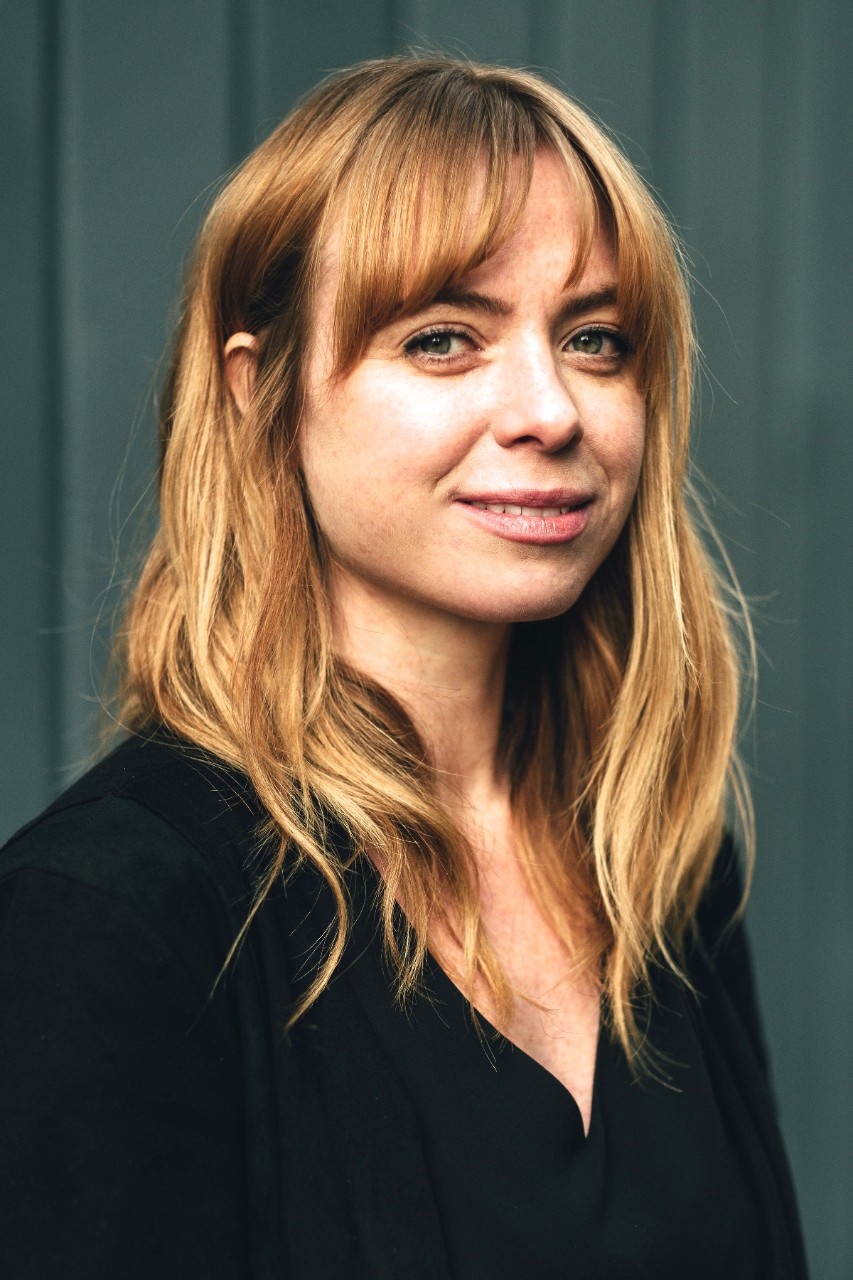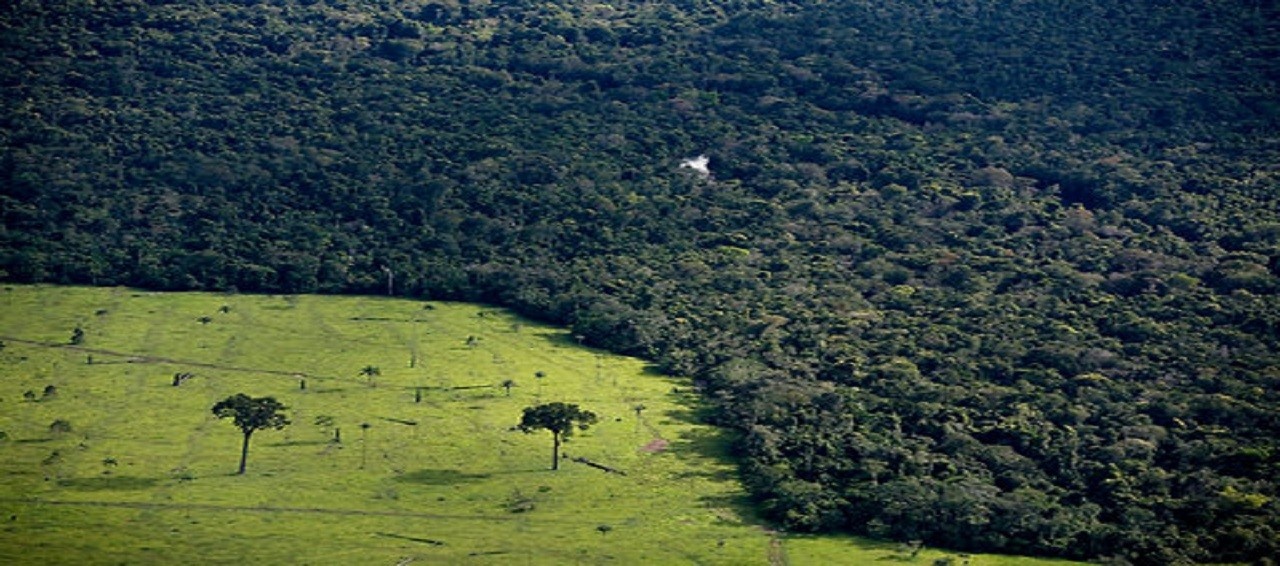Gabrielle Donnelly
Gabrielle Donnelly (MA IDS 2008)
Assistant Professor of Community Development, Acadia University

Working to develop leadership capacities in Nova Scotia, Gabrielle Donnelly tells us that "motivations often age into something much more nuanced, rich, critical and thoughtful". Â
When Gabrielle Donnelly finished her Master’s in International Development Studies, she found her initial aspirations of working with the UN or an NGO had changed. However, she says motivations often age into something “much more nuanced, rich, critical and thoughtful.” Instead, Donnelly decided to work within Canada and develop leadership capacities in Nova Scotia.
From 2008 to 2010, Donnelly worked on staff with the , where she worked as a project coordinator for an initiative called “Rural Communities Leading” to cultivate leadership in rural Nova Scotia.
Donnelly is a Principal Consultant with a Halifax-based company she co-founded with Marguerite Drescher in 2013. Brave Space is a collective of facilitators and artists who provide expertise in several areas: hosting conversations, trainings, workshops, event design, graphic facilitation, panels, research, and sensemaking.
We care about equity, we care about radically inclusive spaces and the importance of conversation.
Donnelly says Brave Space has worked with communities, governments, and agencies across Nova Scotia and abroad.
In June, Donnelly helped facilitate and host a participatory conversation about sexual violence on university campuses at Saint Mary’s University. A range of people from across Canada attended the conference and panel, including researchers, university staff, campus security, community organizations and government agencies.
“We care about equity, we care about radically inclusive spaces and the importance of conversation,” says Donnelly.
Donnelly also has a burgeoning international consulting practice, working with individuals and organizations on creativity and leadership.
Since August 2017, Donnelly has held the position of Assistant Professor in the Department of Community Development at Acadia University. She teaches courses on international community development, group facilitation, and participatory leadership.
 “Becoming an educator, teaching students, and drawing on everything I have experienced feels tremendously rewarding.”
“I feel quite fortunate.”
Donnelly was born in London, England, and grew up in Calgary, Alberta. From 2001 to 2006, Donnelly attended the University of Alberta and graduated with a Bachelor of Arts in Religious Studies. She also received a Certificate in Globalization and Governance.
After finishing her undergraduate degree, Donnelly says she was interested in learning more about global dynamics, globalization, and governance.
Becoming an educator, teaching students, and drawing on everything I have experienced feels tremendously rewarding.
Looking for an interdisciplinary exploration of these issues, Donnelly began her studies in International Development at pilipiliÂţ» in 2006.
“I really enjoyed Dalhousie,” says Donnelly, “and I loved living in Halifax.”
“I found the department to be a great size for dialogue and discussion,” says Donnelly. “I made great friends and felt supported by the faculty.”
Donnelly says her International Development degree provided a set of guiding questions that have stayed with her not only in her career but also in life. She says her biggest takeaway is to stay in inquiry and continue asking questions.
“I think I left that degree with more questions than answers and I think that’s actually a great thing,” says Donnelly.
I found the department to be a great size for dialogue and discussion. I made great friends and felt supported by the faculty.
“Why is the world like this? What assumptions do we have about ourselves and the world? About what is and what isn’t possible? Can these assumptions be challenged?” says Donnelly. “What’s my role in that? How can others participate?”
In 2008, Donnelly graduated with a Master of Arts in International Development Studies.
I wanted to understand how theories and assumptions inform our practices, and how to create more generative dialogues between researchers and practitioners, between theory and practice.
Donnelly received her Ph.D. in 2016 from the California Institute of Integral Studies, located in San Francisco, California. Her research focused on the very questions that emerged during her time at pilipiliÂţ». “I wanted to understand how theories and assumptions inform our practices, and how to create more generative dialogues between researchers and practitioners, between theory and practice.”
“Community engagement and development feels intimately related to international development,” says Donnelly of her career. “I think international development has provided a global context for me to understand my work.”
Donnelly’s advice to students: develop critical thinking skills, but also cultivate a sense of creativity and possibility.
“Making a relationship between our inner optimist and our inner pessimist,” says Donnelly. “Finding some way to bring those into a healthy relationship is what can help us stay in this kind of work.”
Making a relationship between our inner optimist and our inner pessimist is important. says Donnelly. Finding some way to bring those into a healthy relationship is what can help us stay in this kind of work.
